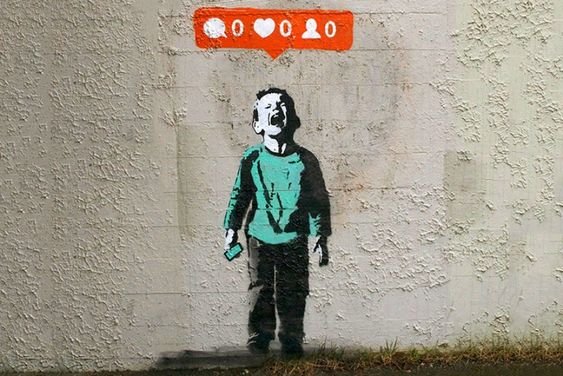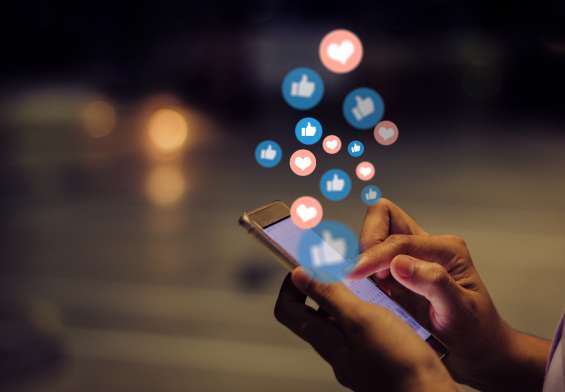Instagram engagement metrics, including Likes, have played a huge role in social validation for a long time. Users and businesses rely on them to gauge engagement, track content performance, and build credibility. But what happens if Instagram removes Likes? There would be a significant impact on user behavior, influencer marketing, and business strategies. Let’s take a look at how this shift would affect the platform and what steps users, brands, and influencers can take to adapt.
A Shift in User Engagement
If Instagram removes Likes, there’d be a massive shift in the platform’s interaction Many users post content for quick engagement measurement and Likes provide an easy way to gauge interest. Without this feature, users might rely more on comments, shares, and direct messages to interact with content.
Engagement could become more meaningful, with passive Likes being replaced with longer discussions. To adapt, content creators would need to encourage conversation in captions, ask followers for their thoughts, and create posts designed for sharing. Instagram Stories and Reels, which already focus on interactive elements, would become an even bigger part of user engagement. That said, some users may hesitate to interact without a quick Like button, so casual engagement might take a hit.
Impact on Influencer Marketing
Influencers use Likes as proof of their audience’s engagement. Many brands use this metric to gauge an influencer’s impact, so its removal would force a shift toward other indicators like comments, shares, and saves. Instead of relying on quick Likes, influencers would need to focus on creating deeper engagement with their audience.
This shift could make influencer marketing more transparent. Brands would prioritize influencers generating meaningful interactions instead of those relying just on vanity metrics. Influencers, in turn, would need to produce content that sparks discussions, encourages direct engagement, and prompts users to share or save posts. Content strategy would become more focused on authenticity, making strong audience relationships more valuable than ever.
How Businesses Would Need to Adapt
For businesses, Instagram Likes offer a simple way to measure content performance. If this feature disappeared, companies would need to focus on other metrics like follower growth, website clicks, and direct engagement via comments and shares.
Marketing strategies would focus on deeper interaction. Captions would need to be more engaging, encouraging discussions rather than simple Likes. Businesses would also rely more on video content, especially Reels and Stories, which already generate high engagement. Those who adapt by creating content that sparks conversations and encourages direct actions will be better positioned if Instagram were to go Like-free.
Psychological and Social Effects
Likes provide instant feedback, influencing how users perceive their content and self-worth. Without them, some people might feel less pressure to create content that caters to social approval. This could lead to more authentic posts, with users focusing on what they enjoy rather than what gains the most Likes.
However, validation-seeking behavior wouldn’t disappear—it would move to other forms of engagement. Users might place more importance on gaining followers, receiving comments, or seeing their content shared. While removing Likes might reduce superficial comparisons, social media will still shape user behavior. Instagram could take steps to help users adjust by promoting comment-based interactions and encouraging content that drives meaningful engagement.
Will Instagram Engagement Drop If Likes Are Removed?
Instagram removing likes may cause engagement to shift instead of decrease. Users might comment and share more, while casual interactions decline. Many users engage with posts based on their popularity, and the absence of visible Likes might make them less likely to interact.
To compensate, Instagram’s algorithm could adjust to prioritize other engagement signals, like comments, shares, and time spent on posts. To maintain visibility, content creators would need to generate interaction in other ways. Asking direct questions in captions, prompting followers to tag friends, and producing shareable content are all valid strategies for maintaining reach. Posts that generate meaningful conversations or offer valuable insights would be better poised to perform well.
Why Would Instagram Remove Likes? Business & User Benefits
Instagram has already tested hiding Likes in various regions, citing mental well-being as the main reason. However, the decision may also be influenced by business incentives. Removing Likes could push more brands toward paid advertising, since they would have fewer organic engagement metrics to rely on. It could also shift user behavior toward formats like Stories and Reels, both of which have different methods of measuring engagement.
Additionally, removing Likes might encourage better content quality. Users might focus on creating posts that provide real value instead of just chasing engagement numbers. This could lead to a platform where content resonates on a deeper level rather than created for quick reactions.
Adapting to a Like-Free Instagram
If Instagram removes Likes, businesses, influencers, and users will need to rethink their approach to engagement. Encouraging discussions in captions, producing content that sparks conversation, and making posts more shareable will become a necessity. Metrics like saves, shares, and comments will take center stage, requiring brands to prioritize interactions that build deeper connections with their audience.
While the removal of Likes might seem like a dramatic shift, those who are quick to adapt will discover new opportunities for growth. Instead of focusing on vanity metrics, success on Instagram will come from fostering real interactions and creating content that resonates with audiences.
The Future of Instagram Engagement Without Likes
The potential removal of Likes represents a fundamental shift in how Instagram engagement is measured. While it could reduce the pressure for social validation, it would also require businesses and influencers to rethink how they connect with their audiences.





